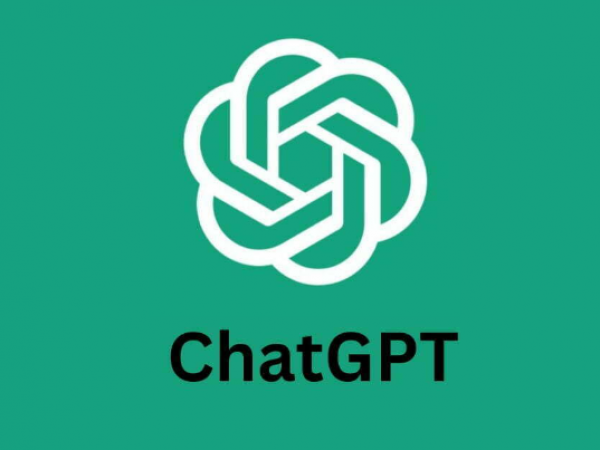
New Delhi: In a troubling revelation, cybersecurity firm Group-IB has disclosed a major data breach compromising over 1 lakh ChatGPT accounts, with India ranking at the top among affected countries.
According to the report, the stolen accounts fell victim to info-stealer malware, a malicious software designed to pilfer users' login credentials. Typically propagated through phishing emails and malicious websites, this malware infiltrates users' devices, enabling the theft of ChatGPT credentials, along with other sensitive information like email addresses, passwords, and credit card details.
The report highlighted the most heavily impacted nations as India, Pakistan, Brazil, Vietnam, Egypt, the United States, and France. Notably, India suffered the highest number of stolen accounts, with a staggering 12,632 compromised, followed closely by Pakistan with 9,217.
Also read: Apple Pay Set to Launch in India: A Revolution in Digital Payments
To mitigate the risks stemming from this breach, Group-IB has issued the following recommendations for ChatGPT users:
Also read: Why Jio Phones Are Becoming Extinct in the Market
The ramifications of this data breach are potentially severe for affected users. The compromised credentials could be exploited not only to access ChatGPT accounts but also to breach other online accounts, leading to identity theft, financial fraud, and various cyberattacks.
Moreover, the incident poses a significant threat to ChatGPT's reputation. Concerns regarding data security may discourage users from utilizing the service, undermining trust and confidence.
Also read: Next-Generation AI-Enabled Outlook App Set to Transform Windows 11
In light of these events, it is crucial for ChatGPT to take immediate action to bolster platform security. This could include implementing stringent password requirements, instituting two-factor authentication, and implementing robust monitoring systems to detect signs of malware.
The data breach of ChatGPT accounts serves as a stark reminder of the critical importance of user data protection. Users must proactively safeguard themselves, while service providers like ChatGPT must prioritize the implementation of robust security measures to restore faith in their platform and prevent future breaches.